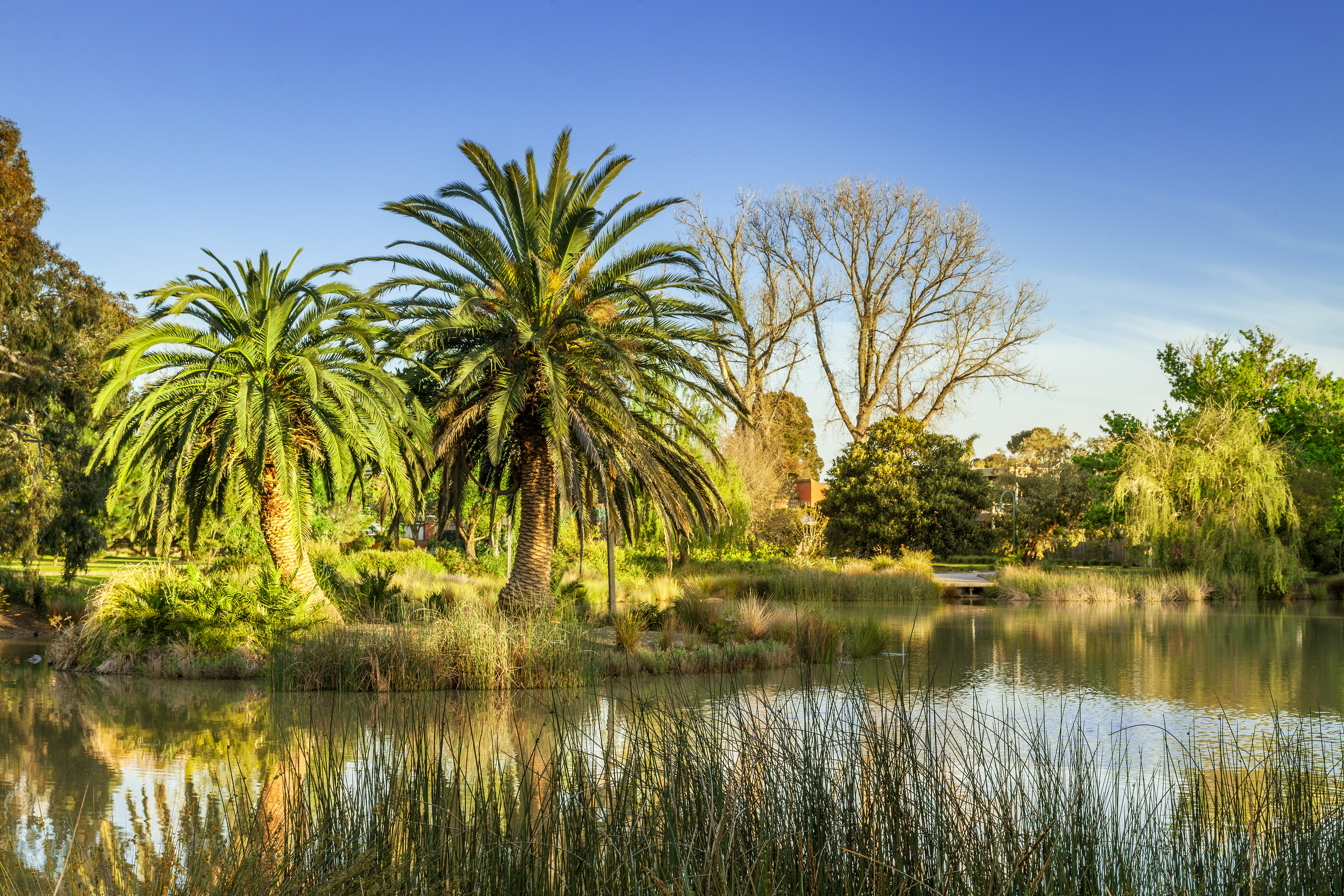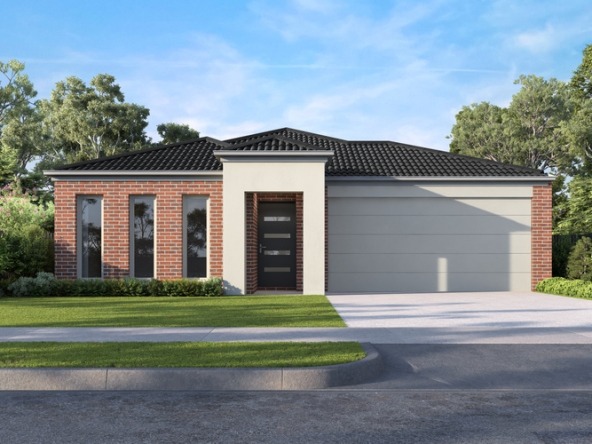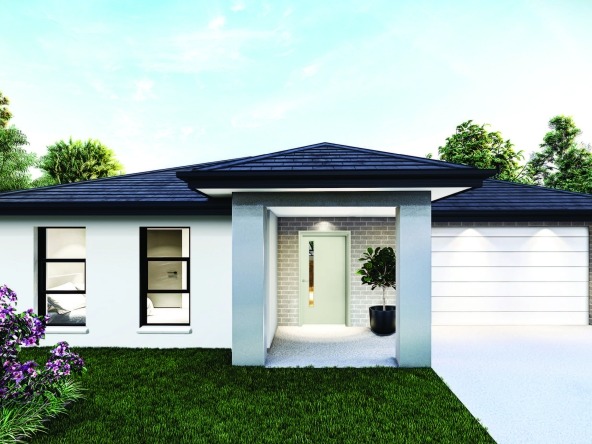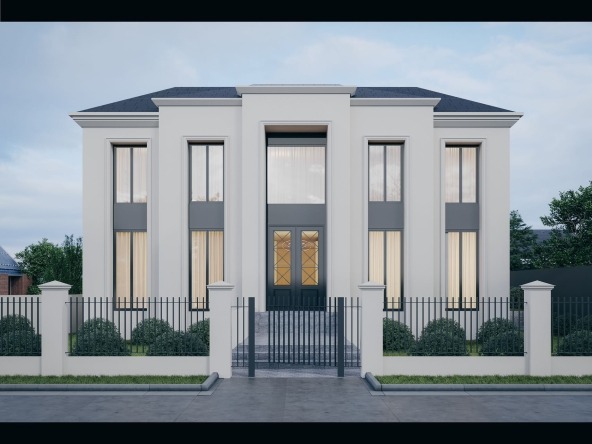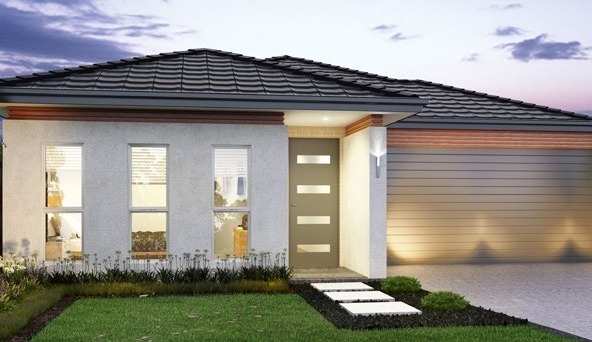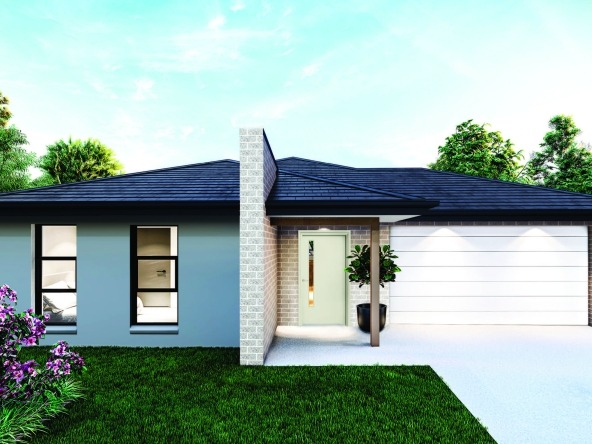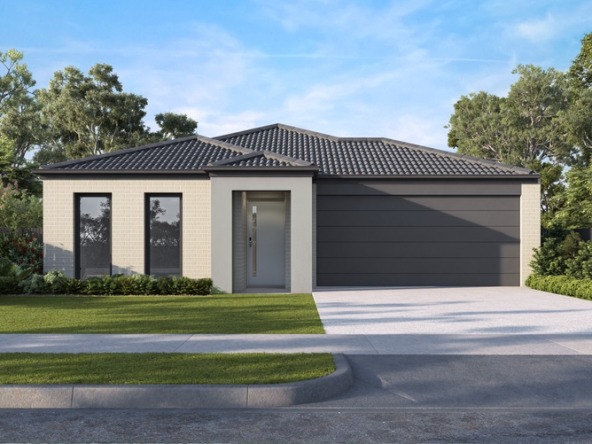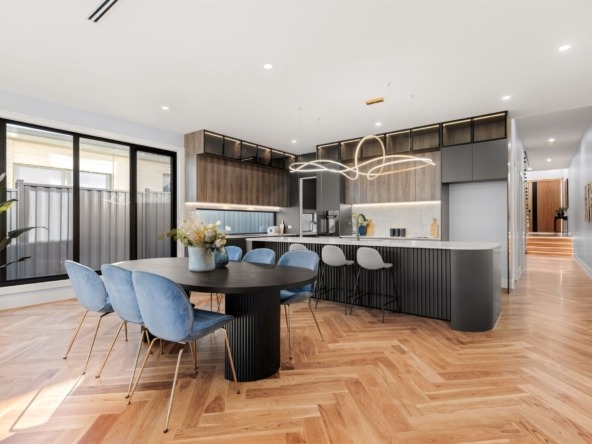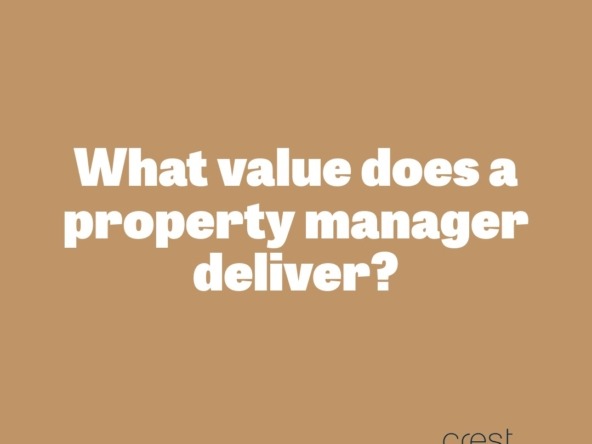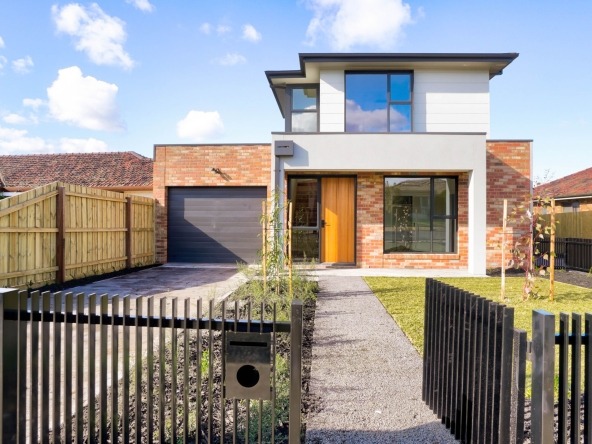It’s not uncommon for a family to want a holiday home. Taking your family on an active camping trip, relaxing beach getaway or staying at a ski lodge in the mountains sound pretty sweet.
Many like the idea of renting a family home throughout the year and occupying it on school holidays. In theory it sounds fantastic that you can generate some income throughout the year, while enjoying the accommodation with family and friends.
There are some advantages and disadvantages of owning a holiday home and in this article we explore those ideas. When buying any form of investment property, we need to be fundamental and practical about our decision and not allow an impulse buy take control.
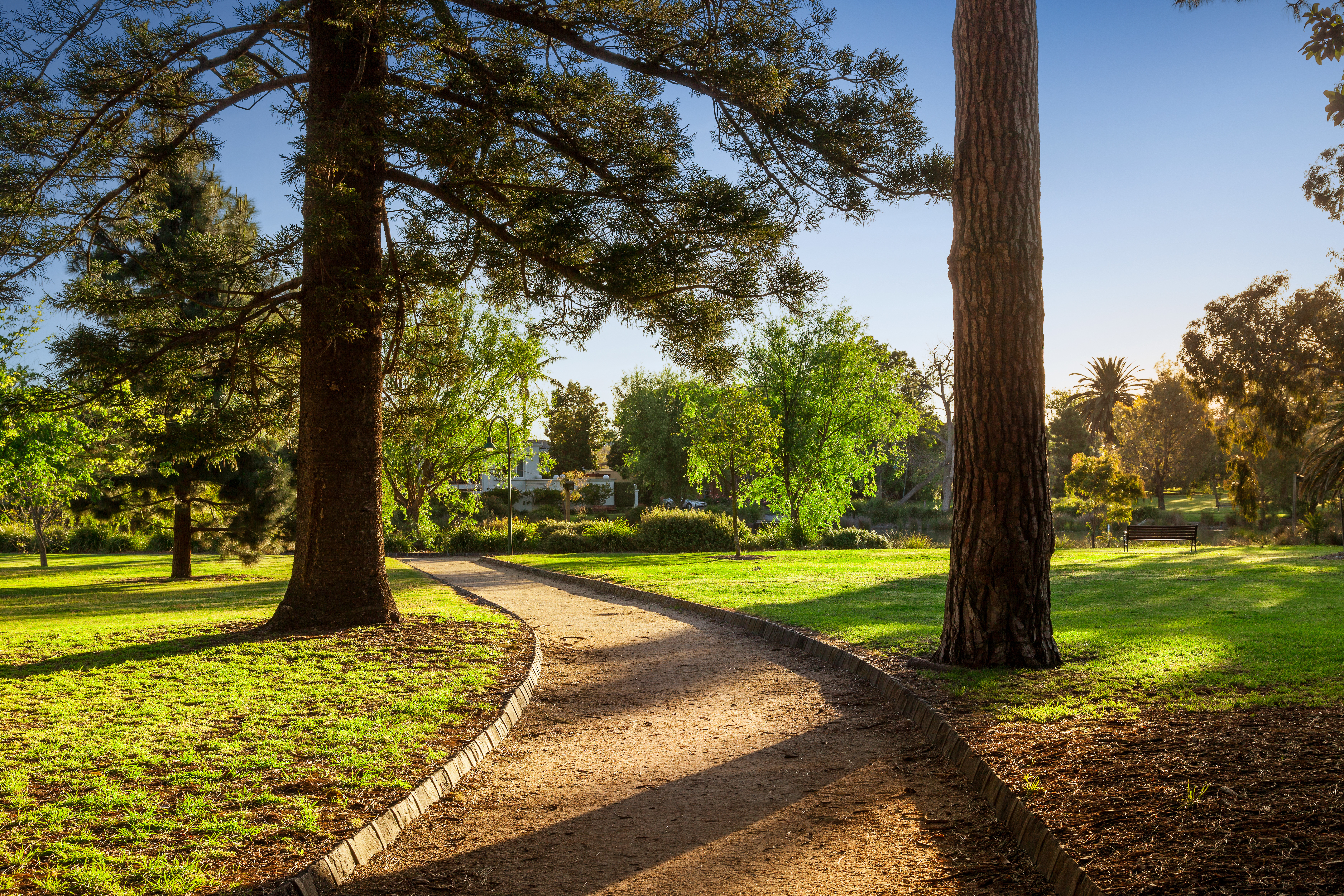
Advantages of buying a holiday home
A holiday home is a home away from home. A great place to relax and break your daily routine. You can indulge in the sun by your own beach house or enjoy the skiing season without having to leave the mountain.
Here as some benefits:
- The holiday home can be a flexible investment allowing you to occupy it on your own terms while renting when you have no personal use for it. The income can contribute to meeting the property expense such as the rates and insurance costs.
- Rent-free holidays for you and/or friends whenever you want, for however long you want. No more paying holiday rental loadings in school holidays.
- As you enjoy the holiday home overtime, the property might also appreciate in value. Over the years, increasing the net worth of your investment.
- If your holiday home is also an investment, it may allow the property expenses to become tax deductible. Before entertaining this idea, we recommend consulting an accountant or tax agent prior to deciding on buying a holiday home for investment purposes.
- A holiday home can become a long-term primary residence post retirement.
- It may become a holiday home for your adult children’s family.
- It can provide a good introduction for your children to start living autonomously without the financial stress. Location permitting.
- The holiday home can also provide additional storage for your personal primary residence.
Disadvantages of buying a holiday home
With advantages, there are disadvantages and risks that are often overlooked. When considering buying a holiday home there are several things to consider.
Here are some of the negatives:
- The holiday home can incur considerable holding costs. These expenses can be a financial burden on a family. Depending on the property type and location, these costs can be at times, quite excessive.
- If you plan to use the holiday home as a part investment, finding a tenant outside of popular holiday seasons can be difficult. You’ll soon experience that the rental demand for the property is the same time you want to occupy it.
- As an investment the tenancy agreements are generally short-term stay. This causes income to fluctuate. The income variance can incur some cash flow shortfalls to the holding costs of the property.
- A holiday home may be mistreated by tenants. As they are also keen to un-wind and break routine, parties and events can sometime turn out for the worse. Damage or vandalism can cost you heavily. As it’s not occupied and managed regularly, these can go unchecked for months, and can worsen dramatically if left for too long.
- The holiday home may eventually become boring. Taking a regular holiday to the same scene may no longer offer a break in routine as it first gave you and your family.
- The holding cost of the property may have you feel obliged to only holiday in the property. The overall costs may also financially restrict you from considering other forms of holidays.
Overall summary
It’s important to note the average period of high demand for holiday rentals is eight to ten weeks a year. If you want a holiday home for lifestyle purposes and not investment, know that the times when you’ll want to use your holiday house will be very busy periods for other renting local properties to you home.
Be mindful that the home’s location may be ideally suited to you and your family, but way not be the case for someone else. Like any investment, there is always risks associated. The property may not increase in value and the cash flow may not sufficiently offset the property expenses. Don’t forget that property expenses are more than loan repayments. They include insurance, rates, property management fees, letting fees, cleaning costs, maintenance, landscaping and potentially owner’s corporation fees or site leasing costs. There may also be other ongoing costs to rent the holiday home. You may be required to providing linen, bathroom and kitchen supplies. Do your calculations and make sure that you can afford the holding costs in advance.
In our experiences, people’s objectives and entertainment needs change regularly. In the moment, buying a holiday home sounds practical and exciting, but dare we say it… many people end up becoming bored of taking the same holiday. Many change their mind around their living arrangements in retirement, as they can be dictated by where their children/grandchildren live.
If you are financially independent, then the advantages would likely outweigh the disadvantages. You are one of the fortunate few. For others, needing to accumulate wealth for retirement, tread carefully. Obtain independent professional advice and look at the fundamentals.
For more details on this topic, please don’t hesitate to contact us.
While we have taken care to ensure the information above is true and correct at the time of publication, changes in circumstances and legislation after the displayed date may impact the accuracy of this article. If you want to learn more, please contact us. We welcome the opportunity to assist you.
Aug 2018


